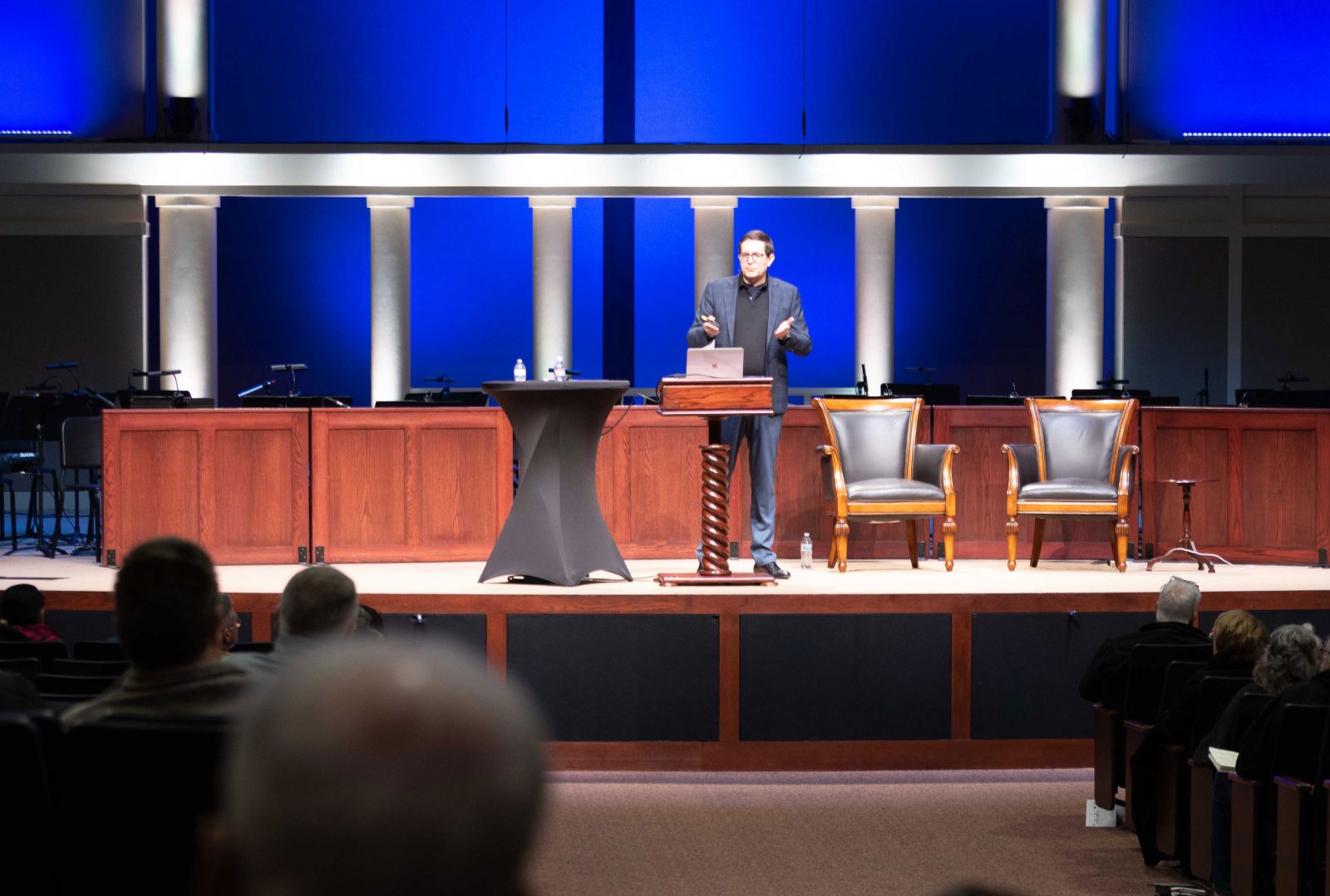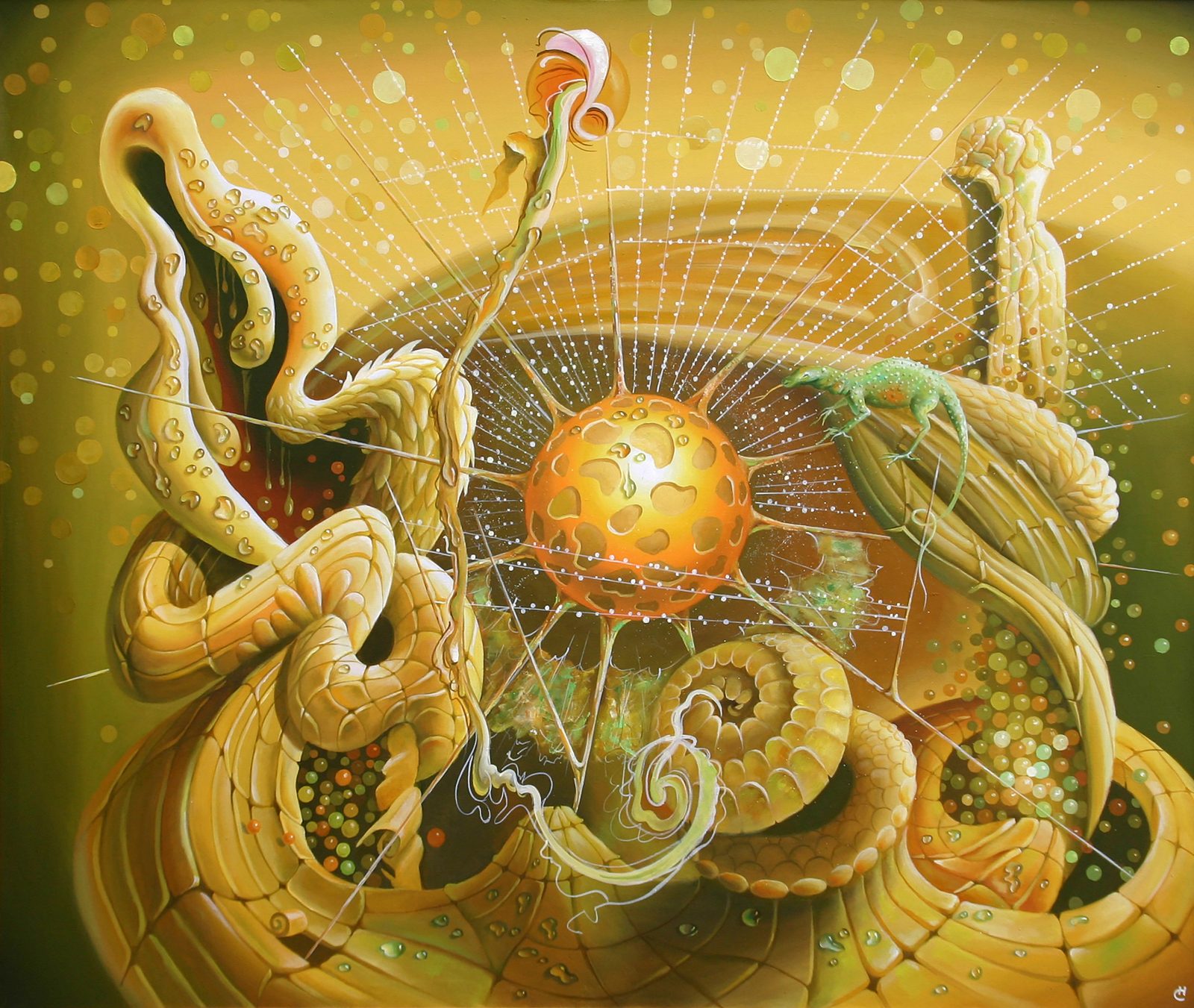


Brian Miller: The Surprising Relevance of Engineering in Biology
Today’s ID the Future brings listeners physicist and engineer Brian Miller’s recent lecture at the Dallas Conference on Science and Faith, “The Surprising Relevance of Engineering in Biology.” Miller rebuts several popular arguments for evolution based on claims of poor design in living systems, everything from the “backward wiring” of the vertebrate eye to whales, wrists, ankles, and “junk DNA.” But the main emphasis of this discussion is the exciting sea change in biology in which numerous breakthroughs are occurring by scientists who are treating living systems and subsystems as if they are optimally engineered systems. Some in this movement reject intelligent design for ideological reasons. Others embrace it. But all systems biologists treat these systems as if they are masterfully engineered systems, and that perspective is rapidly accelerating progress in experimental biology. At the forefront of this work is the Conference on Engineering in Living Systems (CELS). Miller provides an exciting sneak peek at some of the cutting edge research from members of this group.

Darwin’s Rhetorical Foundation of Sand: Theological Utilitarianism
On this ID the Future, biophysicist Cornelius Hunter explores Charles Darwin’s theological arguments for his theory of evolution. By theological, Hunter doesn’t mean that Darwin was arguing for theistic evolution. He means that Darwin received what is known as theological utilitarianism from the intellectual culture of his youth, which had strong deistic tendencies and expected everything in creation to be perfectly adapted, and he made a case against it, presenting mindless evolution as a better explanation for his observations of the biological world than theological utilitarianism. But one problem with this approach, according to Hunter, is that it assumed that theological utilitarianism is THE alternative to blind evolution. In fact, there are other alternatives, including an orthodox Judeo-Christian understanding of God’s relationship to his creation. In Hunter’s conversation with host Casey Luskin, he unpacks the differences in this other understanding of God and shows how Darwin’s tunnel-vision fixation on theological utilitarianism led him into multiple problems. Hunter further shows that this basic theological mistake of Darwin’s also crops up in later defenders of Darwinism. Hunter and Luskin end the discussion by making what may strike some as a surprising claim: Evolutionary theory, argued in the way that Darwin and many of his followers argue the case, is fundamentally theology-based, whereas the theory of intelligent design, which points to a design of life and the cosmos, is strictly science-based. The occasion for the interview is Hunter’s chapter on this subject in the recent anthology co-edited by Luskin, The Comprehensive Guide to Science and Faith: Exploring the Ultimate Questions About Life and the Cosmos. Check it out.

RNA World in a World of Hurt
On this ID the Future, biophysicist Cornelius Hunter and host Eric Anderson discuss the RNA World hypothesis, an explanation for how the first self-reproducing organism might have arisen via mindless chemical processes. Hunter and Anderson have each written on the topic, and together they unpack some of the many and growing problems with this RNA-first explanation for the origin of life. They also spotlight some recent admissions in mainstream scientific publications that it’s time to move on from the cherished but embattled RNA World. The conversation pivots off of a recent essay by Hunter at Evolution News, “RNA World: Repeated Downfalls, Repeated Resurrections.” For more on the challenges of creating the first self-reproducing biological entity, see Eric Anderson’s Chapter 3 of Evolution and Intelligent Design in a Nutshell.